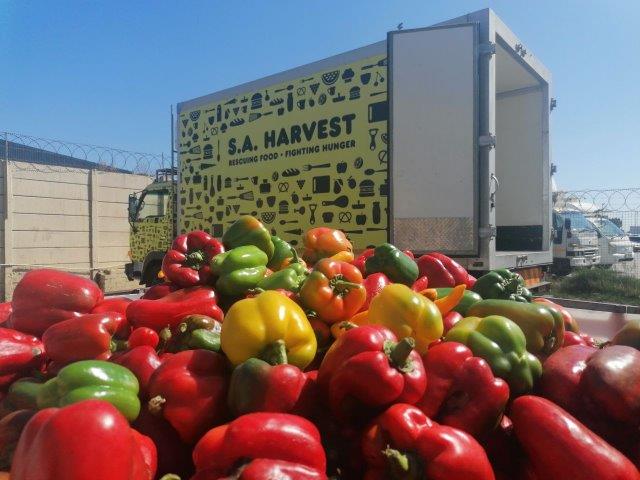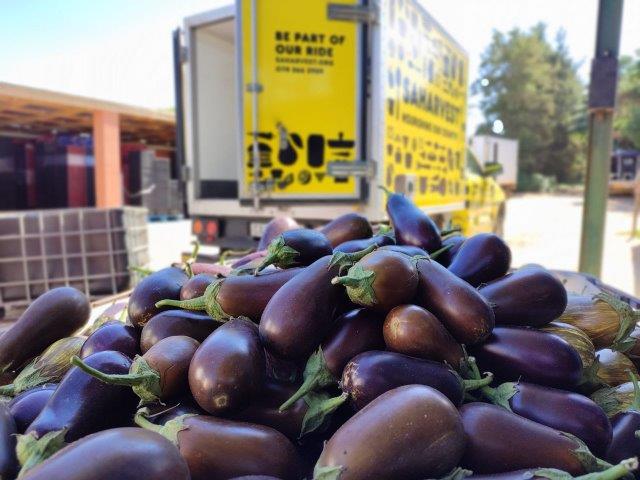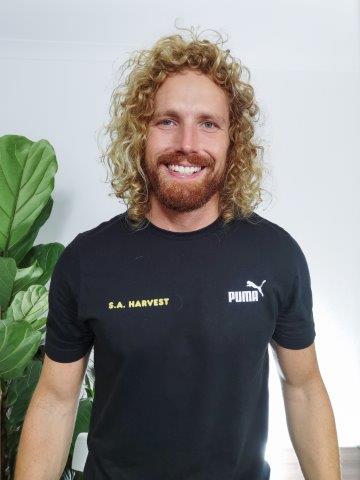In the verdant heartland of South Africa, a jarring paradox of two opposing food systems manifests – one burgeoning with excess, privilege, and waste, the other scarred by scarcity, hunger, and hardship. Born in a time of transformation, when the nation sought to liberate its food system from the tight grasp of a bygone era, this paradox arose, well-intentioned, yet seeding the crisis of today.
This dichotomy is the legacy of the Marketing of Agricultural Products Act of 1996, a policy that was designed to be a gust of fresh air, yet instead turned into a whirlwind that upset the fragile balance of food security in South Africa. Dr Tracy Ledger, an agri-food activist, underscores the significance of this legislation, describing it as “the most important piece of legislation governing agricultural markets in South Africa.”
Ledger offers some shocking figures to illustrate the devastating impact of the Act. “Under the old Dairy Board… the retail margin of milk varied between 1% and 5%. By 2001, this margin had ballooned to between 15% and 30%.” This drastic surge in profits didn’t benefit those toiling on the land but was instead pocketed by the retail sector, looming as large and dominating as skyscrapers in the economic skyline, shaping the flow of resources and profits.
The shift in power is also apparent in the distribution of the retail price of bread. By 1999, the wheat farmers’ share of the retail price of white bread had plunged from 33% to a mere 18% and from 32% to just 17% for brown bread. Meanwhile, the retailers’ share had bloated from 3% to 12% for white bread and from 4% to an astonishing 20% for brown bread.
Despite an abundance of food, in edible/avoidable waste alone – with an unconscionable 10.3 million tonnes, worth an economic equivalent of a staggering R67 billion wasted annually – 30% of South Africans find themselves in the grip of food insecurity. This grotesque disparity reveals the harsh reality of an unregulated free-market system: the rich grow richer, the powerful gain more power, while the plight of the poor and powerless only worsens.

But there is hope. The path to rectification begins with a radical shift in perspective on food waste and a serious reassessment of the unchecked power handed to retailers by the Act. We need laws that halt the discarding of unsold food, laws that recognise the human right to sustenance and the sovereignty of our food systems. This is not a plea for the return of over-regulation but rather a call for balance, for equity.
In this landscape of systemic failings, our government must rise to the occasion. Organisations like SA Harvest have already stepped forward, wielding the tools of technology, charity, and strategic interventions to upskill farmers and food entrepreneurs. Now, it’s time for the government to follow suit and implement more comprehensive measures, following the examples set by countries like France, who have pioneered laws preventing supermarkets from discarding unsold food.
As we pen this narrative, let us remember – we’re not just writing about food; we’re writing about people, about dignity, about justice. Let our words resonate, let them inspire change. For, the power of the written word is mightier than the sword, and with it, we can reshape our world – one where the fruits of our harvest are within reach of all, not just the privileged few. The grand promise of agricultural deregulation has, thus far, left a bitter taste in the mouths of those it was supposed to nourish. Now, it’s time to script a different story.
 Excess, surplus, close to end-of-shelf-life, or imperfect products are donated to SA Harvest for distribution to food vulnerable communities across South Africa
Excess, surplus, close to end-of-shelf-life, or imperfect products are donated to SA Harvest for distribution to food vulnerable communities across South Africa

Ali Conn is a former creative producer who has previously worked on international productions including X Factor UK, Nitro Circus, Afropunk and others, and has also worked with Qatar’s leading independent production house, servicing documentaries for companies including National Geographic and Animal Planet. He has worked with stars such as The Rolling Stones, Ed Sheeran, and Cristiano Ronaldo. In 2015, he changed tack to respond to the dire hunger crisis in South Africa and founded the non-profit UPcycle Project, which was later invited to join Western Cape’s greening initiatives. Then in 2019 Ali joined SA Harvest, a non-profit organisation that aims to create equal access to nutrition and eliminate waste in the food chain in South Africa. Ali Conn champions innovation, design, storytelling and amplifies SA Harvest’s voice where it matters, and has contributed to SA Harvest having rescued 11 million kilograms of food and delivering 36 million meals to communities in need, in just 39 months. In 2022, he was selected for the list of Top 200 Young South Africans by the Mail & Guardian, and Africa’s 100 Brightest Young Minds by the BYM organisation.